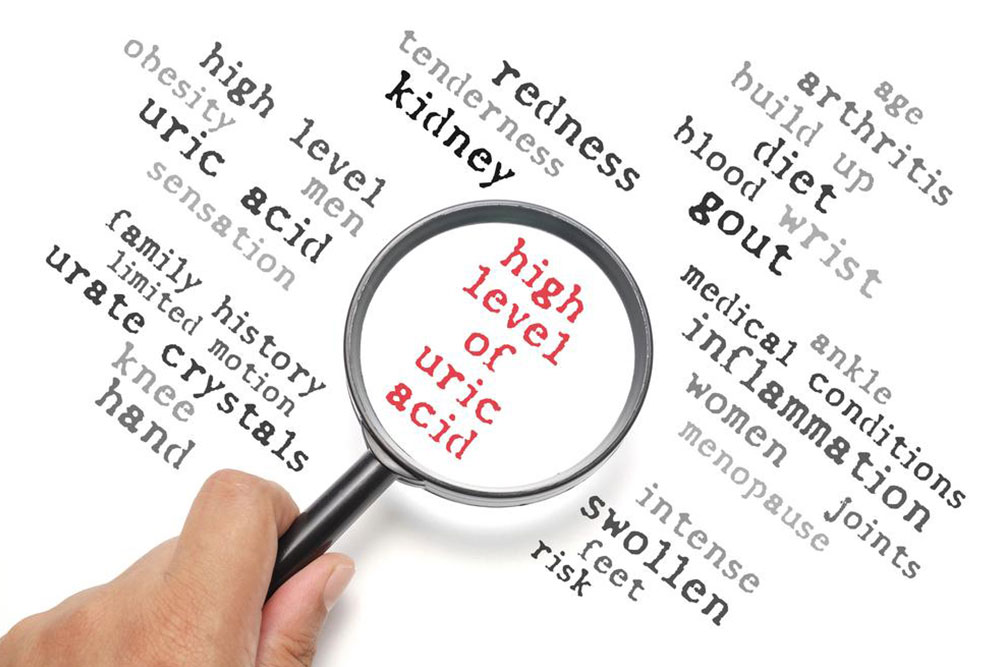Essential Tips for Finding the Right Kidney Specialist
Choosing the right nephrologist is vital for effective kidney health management. This guide offers practical tips on finding experienced, reputable specialists, including suggestions for referrals, online research, and clinic visits. Prioritizing experience, reviews, and hospital affiliation ensures you receive quality care tailored to your needs. Building a trusting relationship with your nephrologist can lead to better long-term health outcomes and improved kidney function, especially for chronic conditions. Follow these guidelines to select a professional who can support your kidney health journey effectively.

Essential Guidelines for Selecting a Kidney Specialist
Nephrologists specialize in diagnosing and treating conditions related to the kidneys. They provide advice on maintaining kidney health and preventing illnesses that could impair kidney function. Ignoring kidney issues can lead to serious chronic health problems. Therefore, consulting a qualified nephrologist at the first sign of kidney trouble is crucial. Finding a trustworthy doctor nearby ensures proper care.
How to Choose a Kidney Specialist
Healthy kidneys are essential for filtering toxins and balancing fluids and minerals in the body. Starting kidney care early helps keep the body well-hydrated and free from harmful substances.
This is where nephrologists play a vital role, helping individuals prevent and treat kidney issues.
1. Obtain Recommendations and Referrals
Start by asking your primary care doctor for a referral, especially if you have a family history or risk factors for kidney disease. Personal recommendations from friends or family members who have consulted a nephrologist can also be valuable. These can be shared in person, through messages, or via social media, making it easier to find trusted specialists.
Knowing what to expect from a doctor can often come from these shared experiences.
3. Explore Online Resources
Research nephrologists through online platforms to identify top-rated physicians in your area. Search terms like “best nephrologists near me” or check reputable directories such as the American Board of Medical Specialties or the American Medical Association. Look for doctors involved in research or publications to gauge their expertise.
4. Evaluate Experience and Specialization
Kidney treatment is complex, so selecting a specialist with relevant experience is vital. Confirm their area of focus, years of practice, and board certification. Certified nephrologists have undergone rigorous training, affirming their suitability to handle your specific needs.
5. Review Patient Feedback
Many online directories provide patient reviews and ratings. Check for any legal issues or complaints associated with the doctor. Feedback about their bedside manner and communication skills can help you find a caring, trustworthy professional.
6. Verify Hospital Affiliation
Ensure your shortlisted nephrologists are affiliated with hospitals covered by your insurance plan. This reduces out-of-pocket expenses and ensures access to well-equipped facilities for diagnosis and treatment.
7. Visit the Clinic or Hospital
Personally visiting the clinic or hospital allows you to assess the environment, staff professionalism, and available equipment. It also helps determine if the staff is friendly and efficient, and whether the doctor communicates effectively. Comfort and trust in your healthcare provider are essential for long-term kidney management.
Top Nephrologists
Dr. Kalok Edmund Tse boasts 30 years of experience in treating chronic kidney issues, including hypertension, dialysis, and renal failure. He has contributed extensively to medical literature.
Dr. Danny Woo, with 46 years of experience, specializes in managing advanced kidney stages and chronic kidney disease.
Dr. Renee A. Ellis, with over 25 years of practice, is renowned for treating various kidney conditions like necrosis and end-stage renal disease.
Dr. Lei Chen has 25 years of experience addressing metabolic issues such as high potassium and vitamin D deficiency.
Dr. Raymond Raut, with 15 years of experience, specializes in congenital and progressive kidney diseases, including Feingold syndrome.










